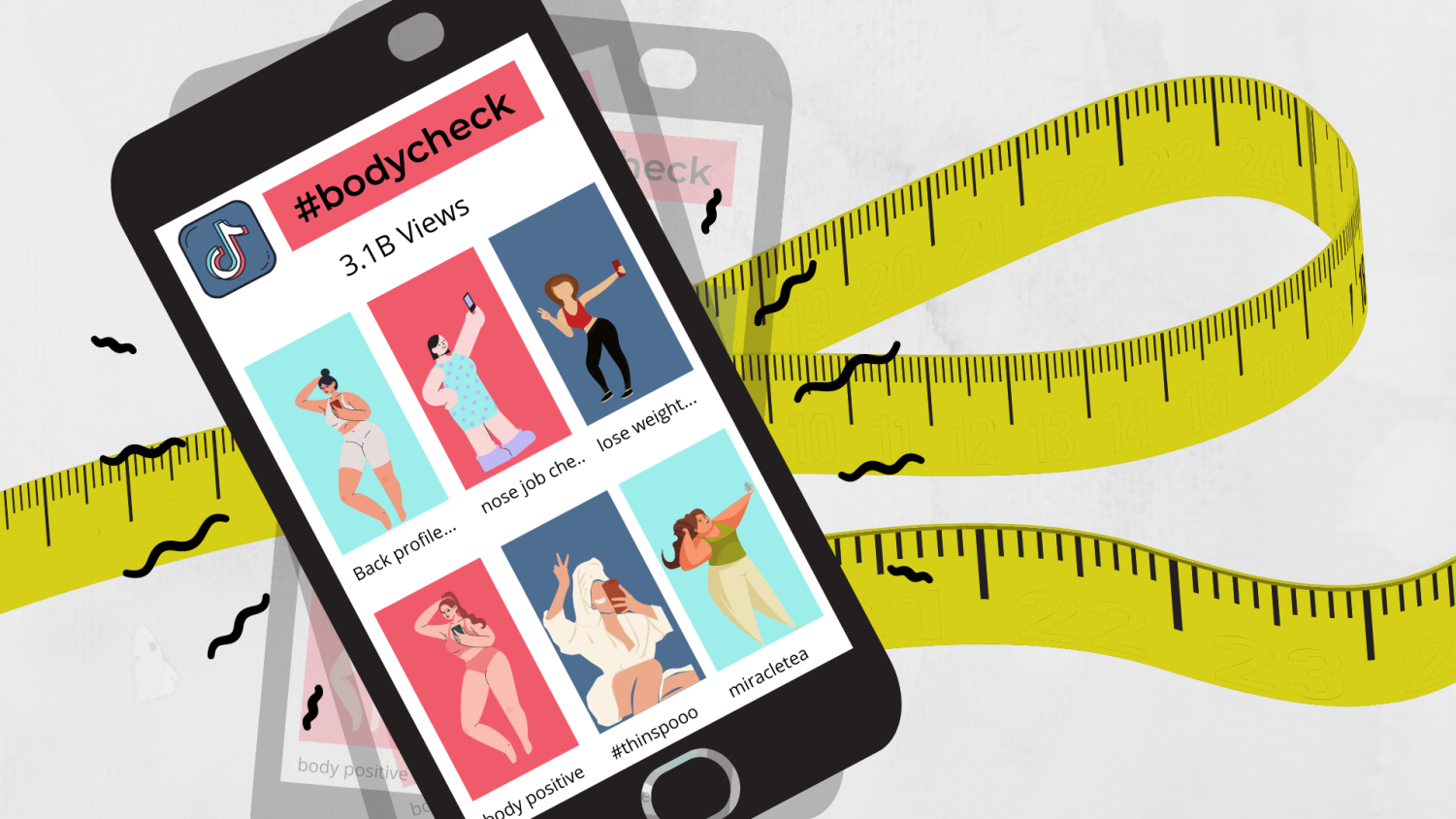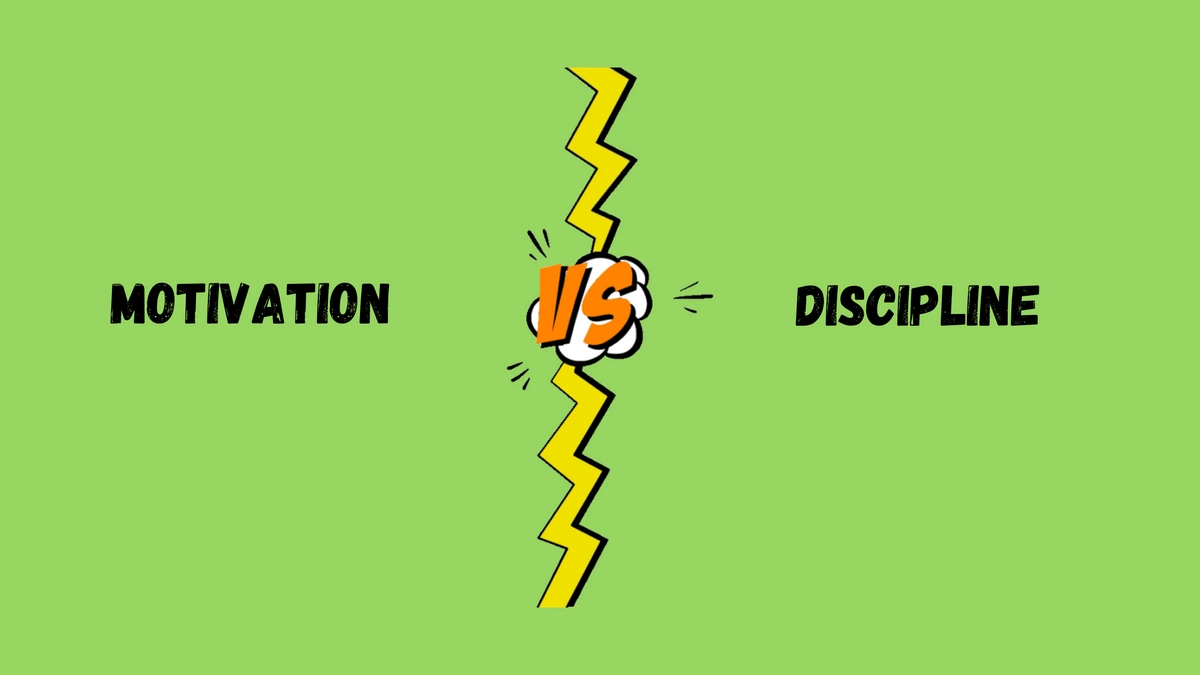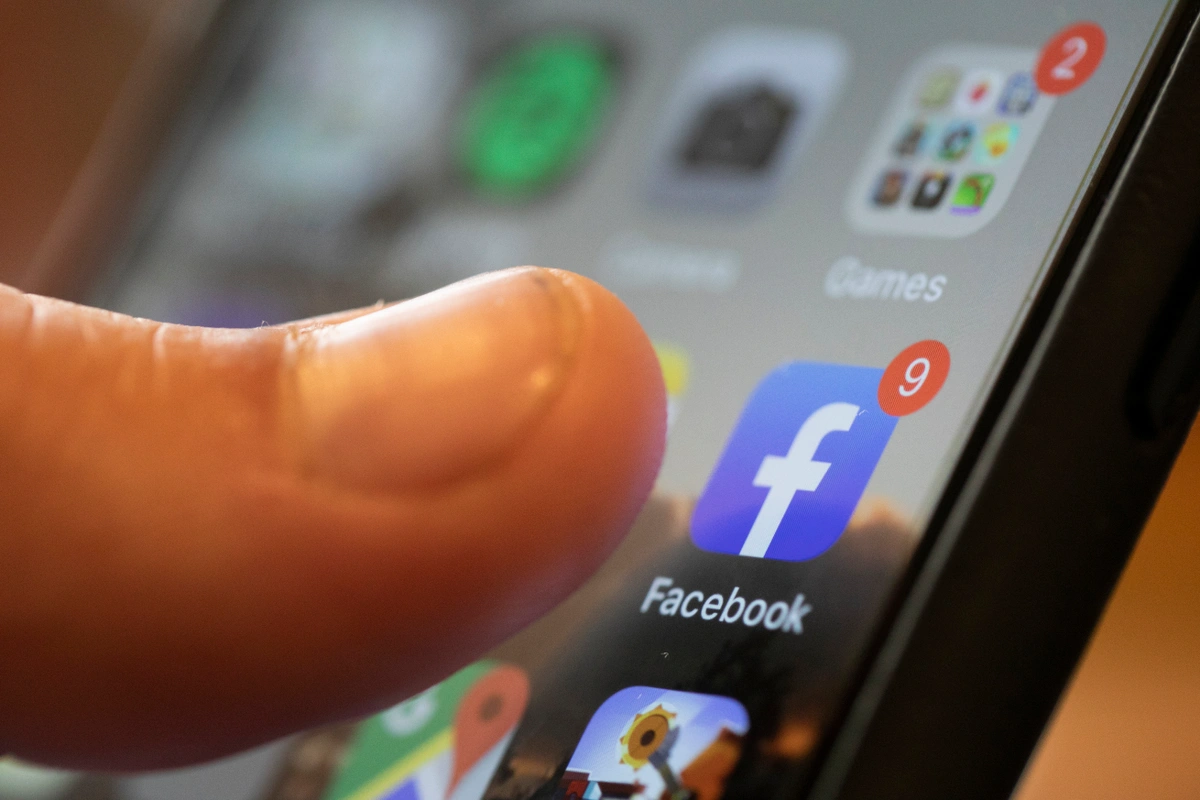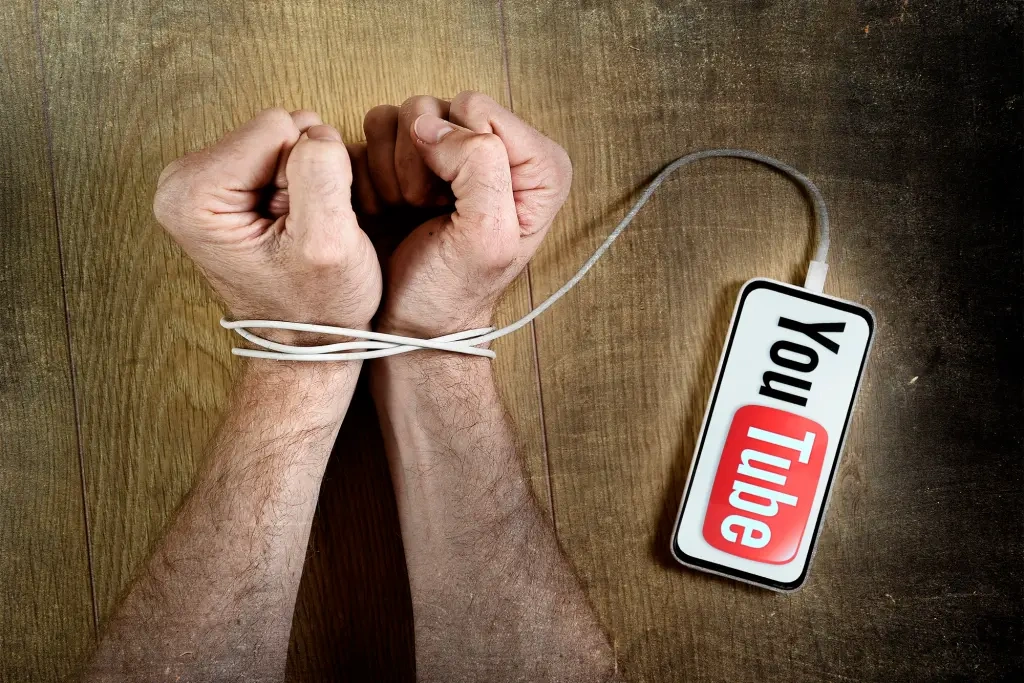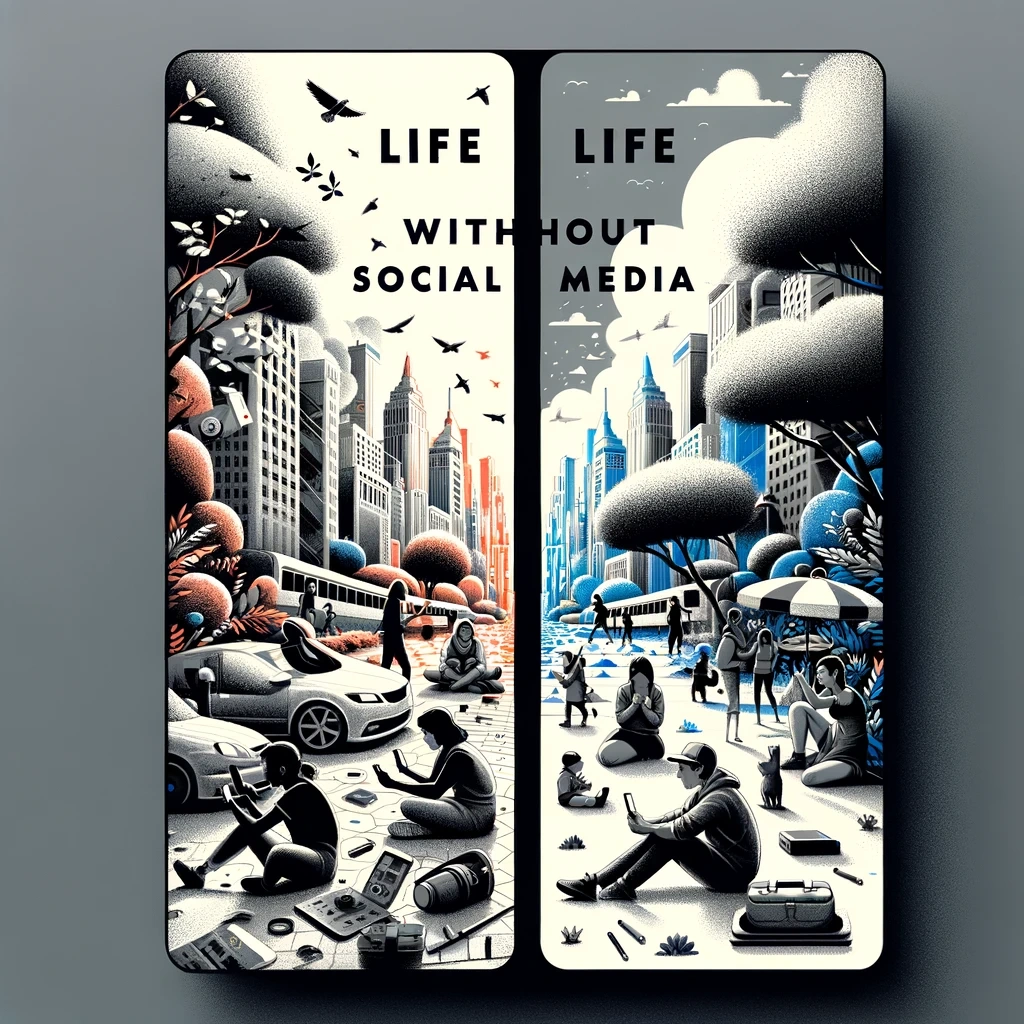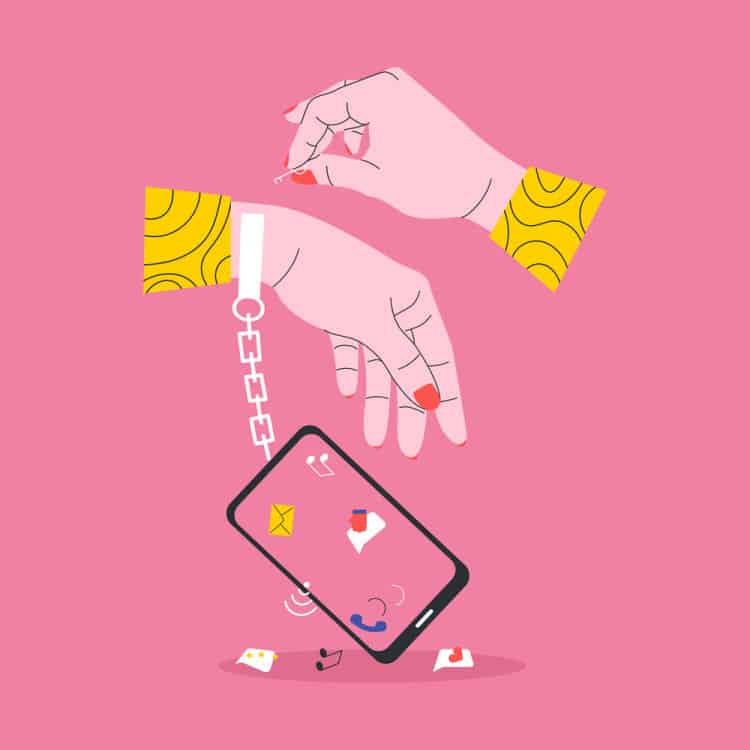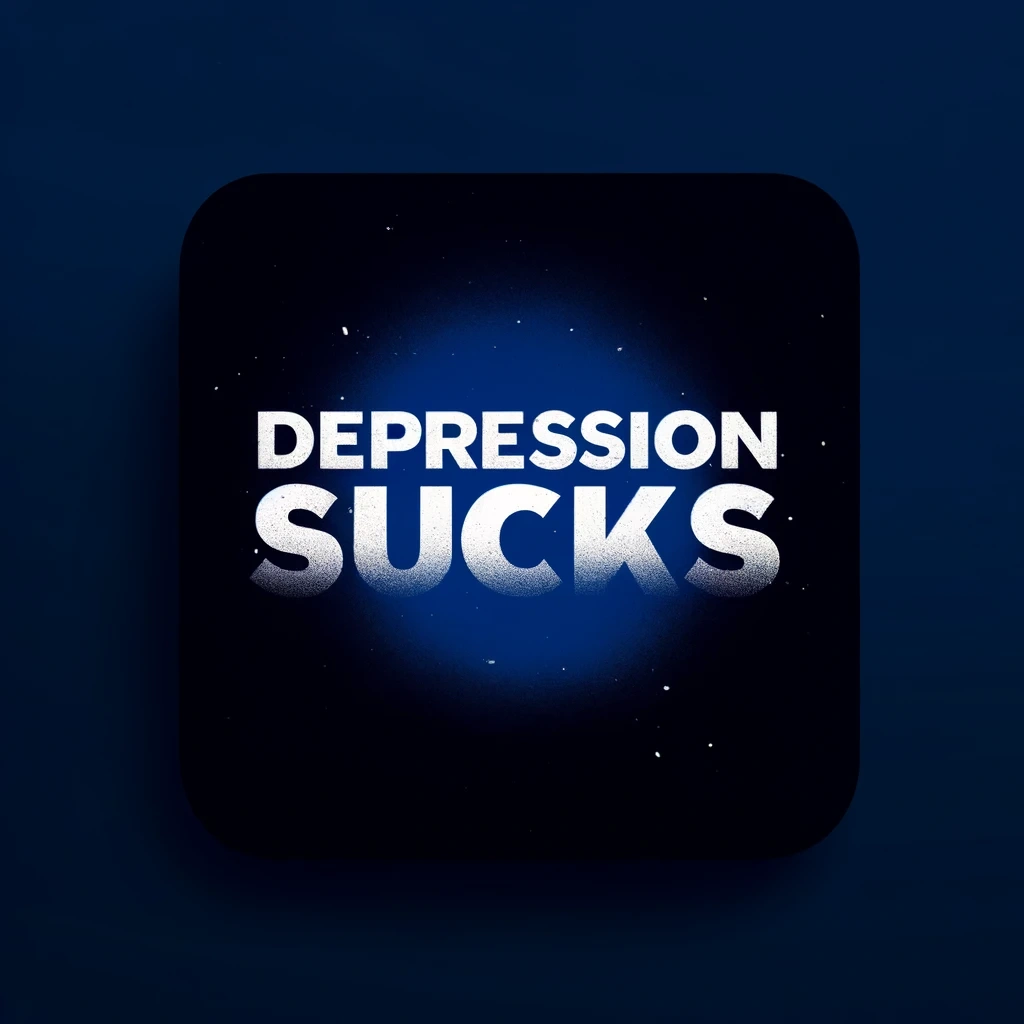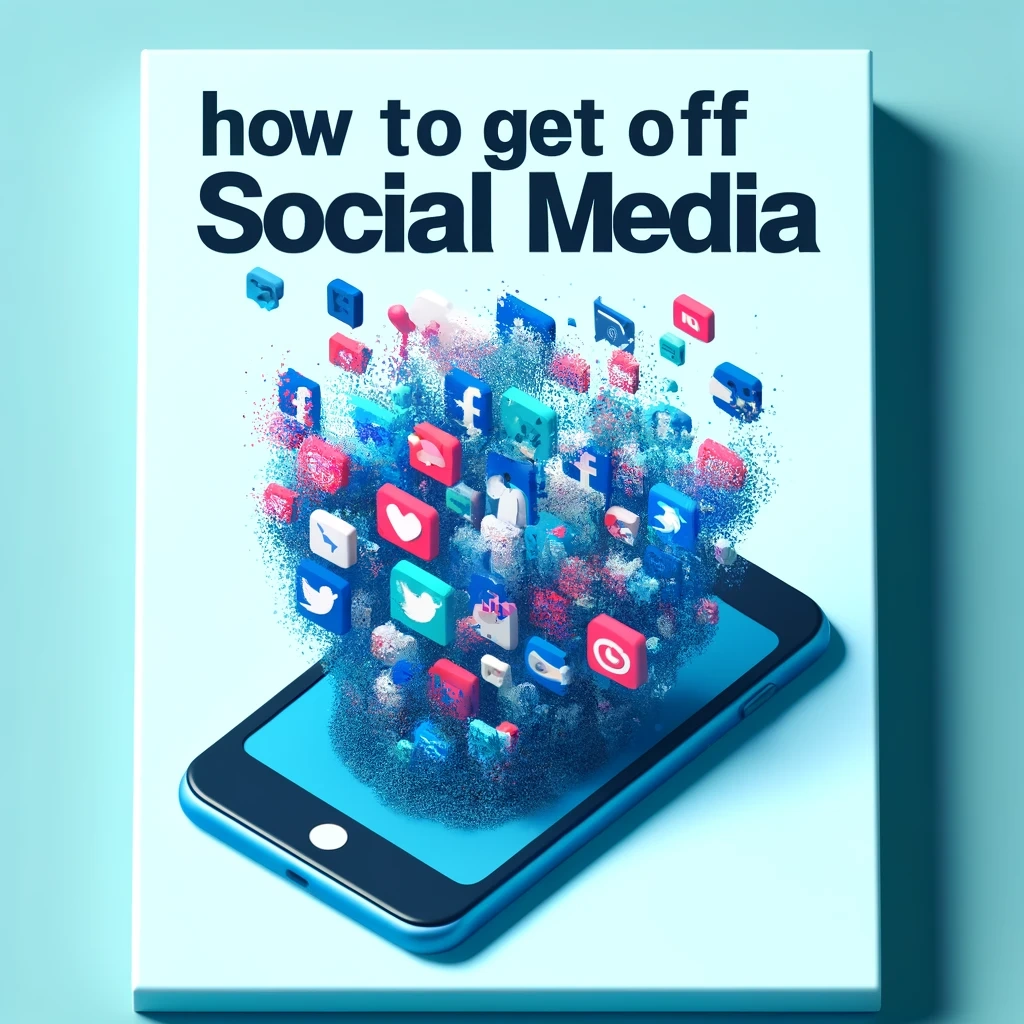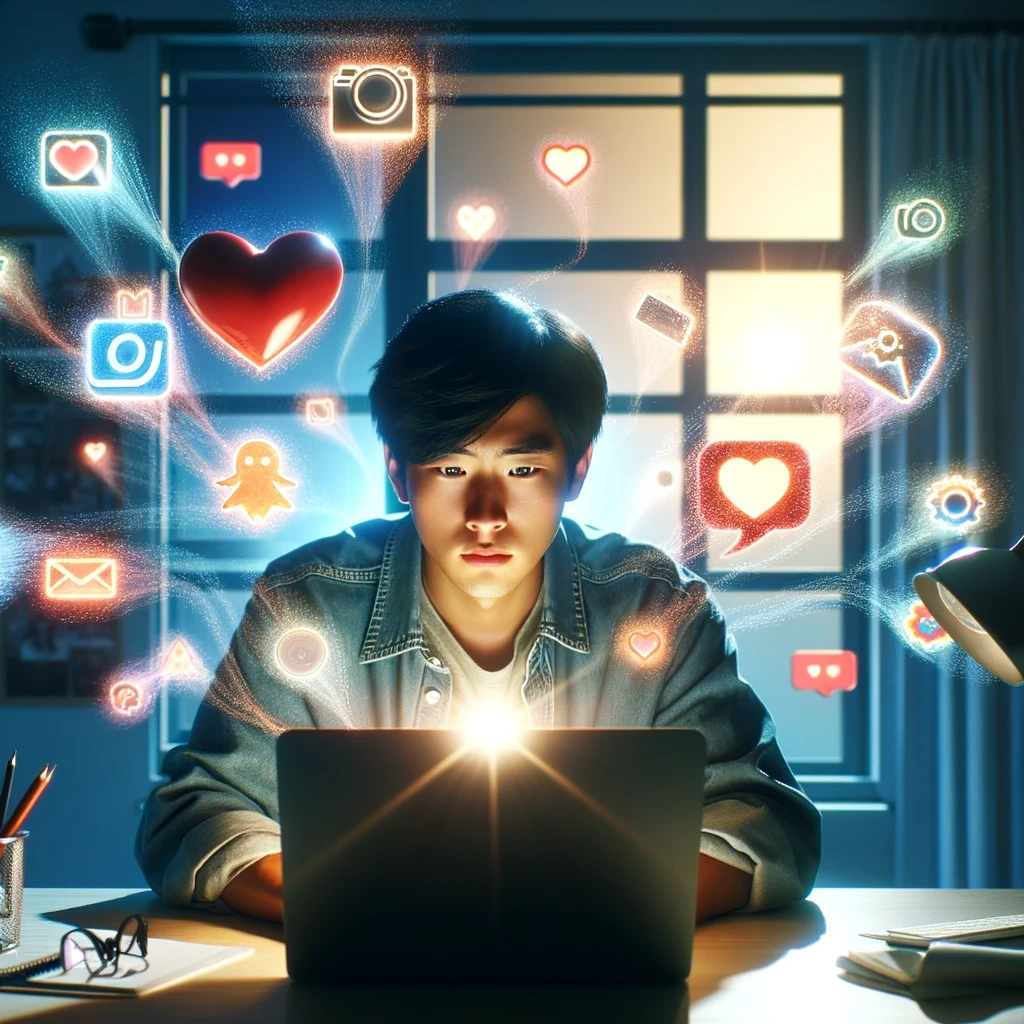Although we know the pictures shared on social media are not always an accurate representation of reality, these photoshopped images can easily warp our view of how a perfect body should look. However, social media can also be an outlet to spread body positivity and self-love. Depending on how you use it, social media can have very different effects on your body image beyond scrolling paralysis. Here are some ways that social media can affect your body image.
Constant Comparisons
One of the biggest reasons social media is detrimental to body image is because it invites constant comparisons. As you scroll through your newsfeed, you see what others are eating, how much they exercise, what they are doing, what they are wearing and how they look. With so much information at your fingertips, it's easy to compare yourself to other people. Since people’s lives online are polished and staged, living the same life as someone else is impossible. But, you still feel pressured to meet these online expectations and beauty standards. This pressure creates unrealistic ideals for yourself, leading to low self-esteem and distress because no matter what you do or eat, your body will never be good enough. You become unsatisfied with your body image because of these comparisons leading many users down a path of unhealthy eating habits and over-exercising to achieve their ideal weight or physique (which may not be healthy).
In a 2021 study, “of 15 to 35-year-olds, the more they compared themselves to people they followed on social media, the more dissatisfied they became with their bodies. The researchers also pointed out that if the subjects were already dissatisfied with their bodies, it could increase the drive to compare themselves to others on social media.”
Although the effect of social media on men is not studied as thoroughly, there was a 2020 study that “analyzed 1,000 Instagram posts uploaded by male-identifying persons and evaluated responses — in the form of likes and comments. Most of the posts depicted muscularity and leanness, and the posts displaying this body type received the highest number of likes and comments.” These findings display the standard for men to be muscular on social media. This standard puts pressure on men that could make them feel too thin or weak, causing them to over-exercise.
No matter your gender, comparing yourself to others on social media negatively impacts your self-view and mental health.
Eating Disorders and Body Dysmorphia
Eating disorders and body dysmorphia are mental health issues that occur when a person becomes obsessed with the idea that some aspect of their physical appearance is severely flawed, despite others not seeing it that way.
Because your feed bombards you with pictures of idealized body types that often do not look like you, you may feel flawed. Feeds that consist of primarily photoshopped photos may cause you to focus excessively on your flaws instead of being happy with how you look naturally. This unwavering focus on your imperfections may cause you to go to extreme extents to fit into this beauty standard set by social media. Excessively focusing on flaws over time can lead to body dysmorphia. And if left untreated, body dysmorphia can lead to eating disorders like anorexia, bulimia, and binge eating disorders.
Although eating disorders typically get clumped together, they all have distinct differences. Here are some definitions to help you better understand each type of eating disorder as well as body dysmorphia:
- Body dysmorphia is a mental disorder in which a person is obsessed with the idea that some aspect of their physical appearance is severely flawed, even though others do not see it that way.
- Muscle dysmorphia: “characterized by the preoccupation with the idea that one’s body is not sufficiently lean and muscular. Individuals with MD perceive themselves as small and weak even if they look normal or very muscular.” (Scientific Reports)
- Anorexia nervosa: is an illness in which you try to become thin or stay thin by restricting food, overexercising, and purging your food through laxatives and vomiting.
- Bulimia nervosa: is an illness in which people go through periods of excessive eating (binge eating), followed by restricting food, overexercising, and purging food through laxatives and vomiting.
- Binge-eating disorder: “People with binge-eating disorder lose control over their eating. Unlike bulimia nervosa, periods of binge-eating are not followed by compensatory behaviours like purging, excessive exercise or fasting; as a result, people with binge-eating disorder often are overweight or obese.” (Wood’s Homes)
If you feel like you identify with any of the definitions above, seek support from someone you trust, like a family member, a friend, a family doctor, a counsellor, or a therapist. If you need more help or information, here are some other resources for services that can help.
- Kids Help Phone: 1-800-668-6868
- National Eating Disorder Information Centre (NEDIC)
- Ontario Community Outreach Program for Eating Disorders
- Mentalhealth4kids
- Maudsley Parents
If you feel social media is causing or worsening body dysmorphia or eating disorders, it may be time to stop using social media. Learn more about how to quit social media here.
Social Media Can Also be a Source of Body-Positive Content
While social media can be a source of negativity, it can also be a place that encourages self-love. Many accounts post body positivity for men and women, promoting self-love and body acceptance of every shape, size and colour. Following people that encourage body positivity can help you to love yourself and your body as it is.
"Advocates of body positivity and influential figures have a unique ability to positively impact how people view themselves and their bodies, especially when it comes to young people," Chaudhary says.
If you follow the right accounts, you will see many people who accept themselves for what they are and don't try to conform to anyone else's beauty standards. This view of body acceptance can positively influence your body image and allow you to accept yourself for who you are.
How to Keep Social Media From Harming Your Body Image
Choose Accounts That Make You Feel Good
It is important to follow people who make you feel good about yourself on social media. Body positivity and motivational accounts are great ones to follow to help boost your confidence and self-love. However, any accounts that make you feel happy are great accounts to follow.
If you notice posts from certain accounts make you feel insecure or are causing you to compare yourself to others, then unfollow them. If someone makes you feel less than you are or harms your body image, there is no reason to follow them. Unfollowing people who negatively impact your mental health only takes a few seconds, and it can hugely improve your body image.
Your social media is for you, so make sure it benefits you. Optimize your feed to help you love yourself by adding more accounts that make you feel good and deleting the accounts that don’t.
Use BeTimeful to Take Breaks From the Feed
At BeTimeful, we know that social media can be connecting and isolating. And even when you do your best to keep your feed positive, scrolling through so much content can be exhausting and harmful to your mental health. So take a break from your social media feed with BeTimeful. BeTimeful allows you to turn off your feed while still allowing messages to come through, so you stay connected while taking care of your mental health.
So download BeTimeful today to take the first step to make your social media more positive.
Check out BeTimeful's other resources to help you to be your best self:
- Discover the best productivity tips
- Learn how to stay motivated
- Discover top productivity coaches
- Find top time management tools
- Discover ways to stay focused
- Learn about why you can't focus
- How to remove Instagram Feed or how to remove YouTube shorts.
- How to double. your sales as a realtor in half the time? Checkout Top 5 Apps for Realtors to Drive Sales in 2023
Sources:
Loveorganizations https://loveorganization.ca/qc/en/bulimia?gclid=CjwKCAjwyryUBhBSEiwAGN5OCA-vdXBmFyaxgMBKQQJ21l4MPcWnmoPh82i7zuOiC94dNRytQJWJGRoCt5sQAvD_BwE.
“Anorexia Nervosa | Anorexia Treatment & Recovery | WeightMatters.” WeightMatters, https://weightmatters.co.uk/eating-disorders/anorexia-nervosa/.
Heger, Erin. “Social Media and Body Image: Negative and Positive Effects.” Insider, 19 May 2022, https://www.insider.com/guides/health/mental-health/how-social-media-affects-body-image.

